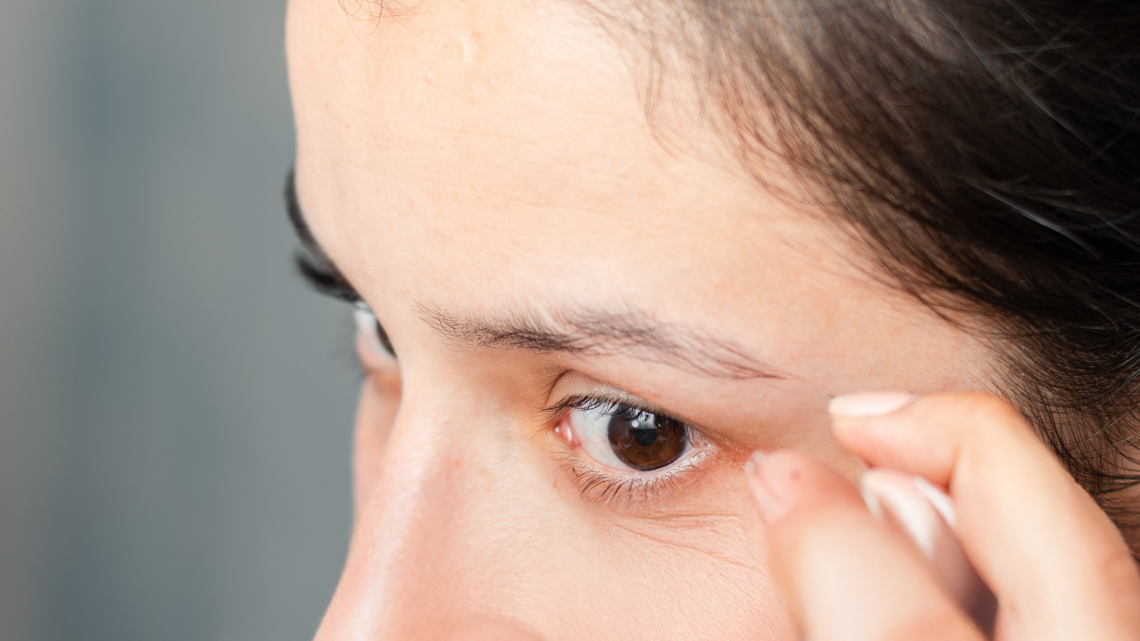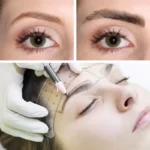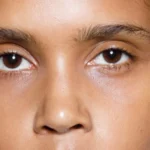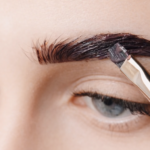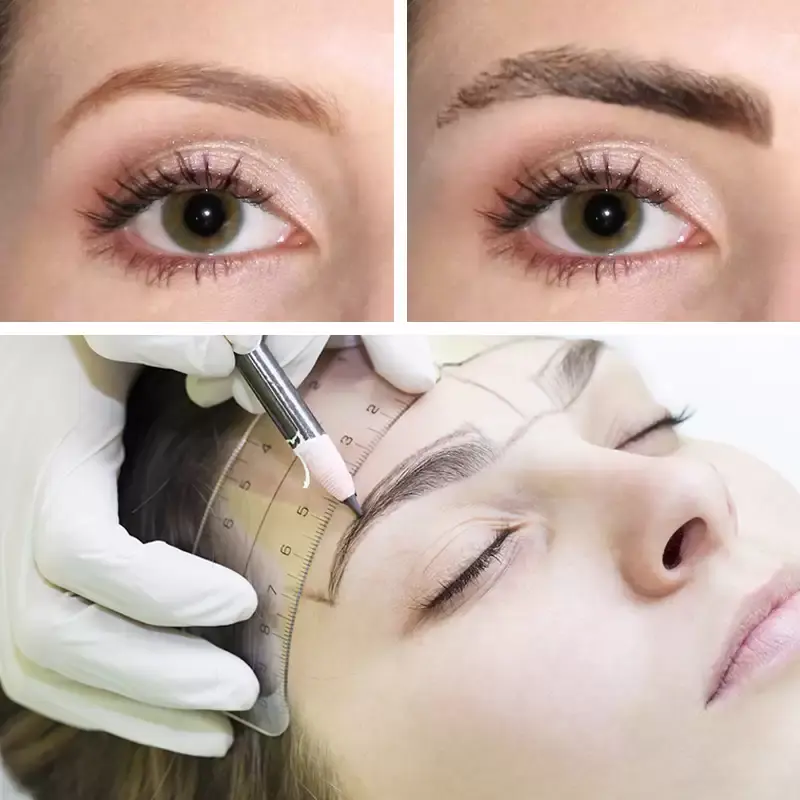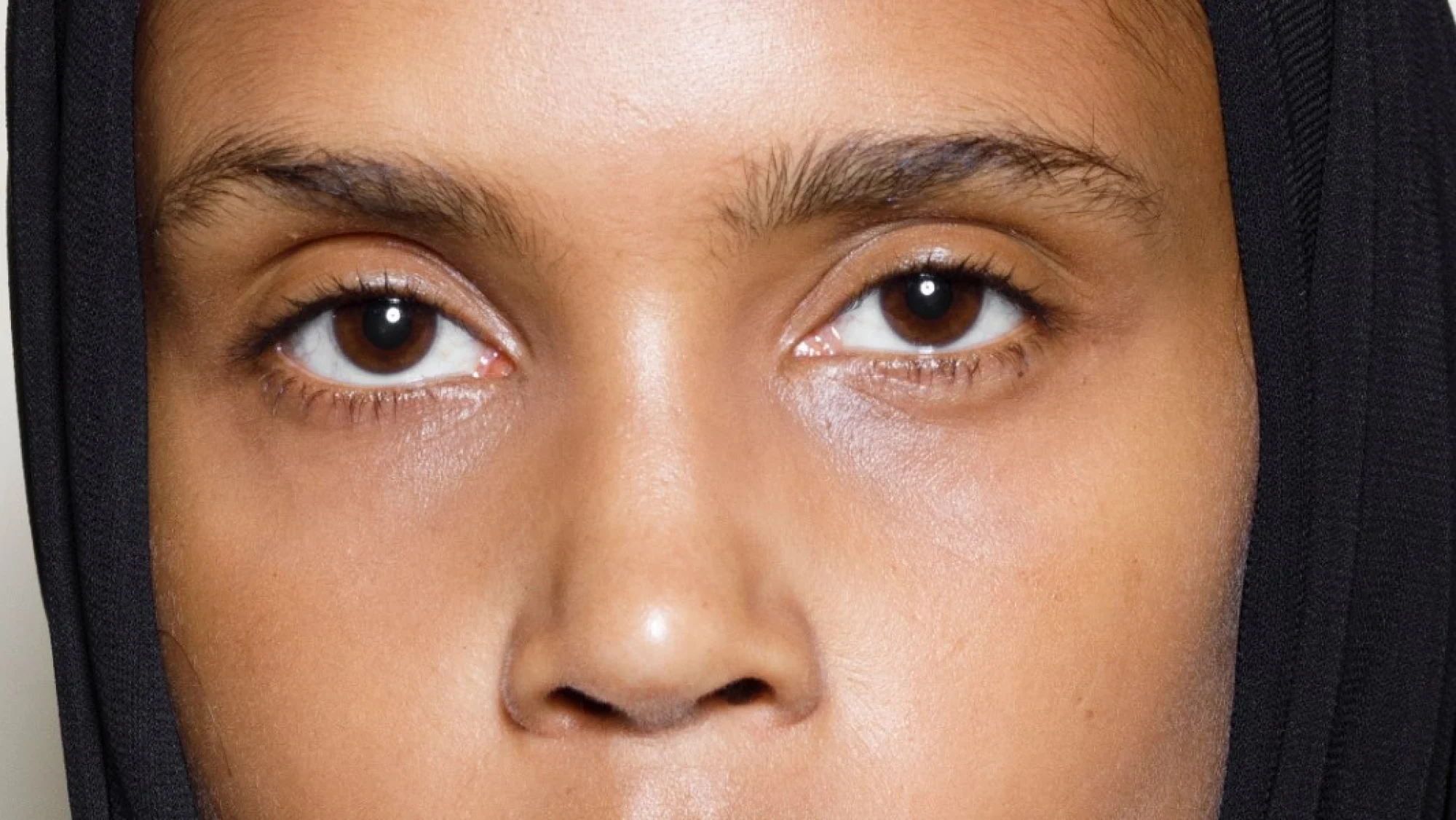The interplay between dandruff and hair loss has long been a subject of speculation and concern. With a significant portion of the population grappling with this condition at some point in their lives, understanding its impact on hair health is crucial.
What is Dandruff?
This common scalp condition is characterized by the shedding of excessive amounts of dead skin cells. It can lead to symptoms such as flakiness, itchiness, and redness of the scalp. While primarily a cosmetic concern for many, the discomfort it causes can lead to more serious scalp issues if not properly managed.
The condition is often caused by a yeast-like fungus called Malassezia, which is naturally present on the scalp. When this fungus grows excessively, it can irritate the scalp and accelerate skin cell turnover, leading to visible flakes. Factors such as oil production, hormonal fluctuations, stress, and certain hair care products can influence its severity.
The Link Between Dandruff and Hair Loss
The direct relationship between the two is a topic of ongoing research. However, it’s widely acknowledged that while the scalp condition itself does not cause hair loss, the two can be related in indirect ways:
- Scalp Inflammation: Severe dandruff can lead to chronic inflammation of the scalp, which, over time, can weaken hair follicles and potentially contribute to hair thinning.
- Scratching: The itchiness associated with dandruff can lead individuals to scratch their scalp vigorously. Frequent scratching can damage hair follicles, leading to hair breakage and temporary hair loss.
- Underlying Scalp Conditions: Sometimes, conditions that cause dandruff, such as seborrheic dermatitis or psoriasis, can also contribute to hair thinning if they’re severe and left untreated.
It’s important to note that the hair loss associated with these scenarios is often temporary. Managing the underlying dandruff and scalp health can help mitigate hair loss and encourage healthy hair growth.
Managing Dandruff to Prevent Hair Loss
Effective management of dandruff is key to minimizing its potential impact on hair health. Here are some strategies:
- Use Anti-Dandruff Shampoos: Look for shampoos containing active ingredients like zinc pyrithione, selenium sulfide, ketoconazole, or salicylic acid. These can help control the fungus responsible for dandruff and reduce scalp inflammation.
- Maintain Scalp Hygiene: Regular washing with a gentle shampoo can prevent the buildup of oils and skin cells that fuel dandruff.
- Adopt a Healthy Diet: Nutrient-rich foods that support skin and scalp health may also help manage dandruff.
- Manage Stress: Stress can exacerbate dandruff for some individuals, so incorporating stress-reduction techniques into your routine can be beneficial.
- Consult a Dermatologist or Hair Surgeon: If over-the-counter treatments aren’t effective, then you might need a prescription-strength solutions or it’s possible you have a more serious underlying scalp condition.
While this scalp condition does not directly cause hair loss, its indirect effects on scalp health can lead to conditions that contribute to hair thinning or breakage. Understanding the root causes and implementing effective management strategies are crucial steps in maintaining healthy hair and scalp. If you’re struggling with persistent issues and hair loss, seeking the advice of a healthcare professional is advisable to address the issue comprehensively and prevent potential long-term damage.



